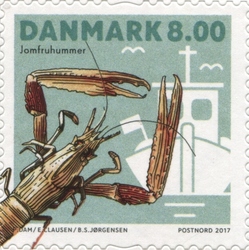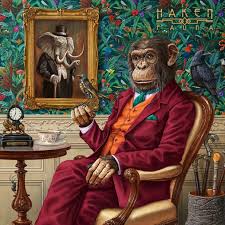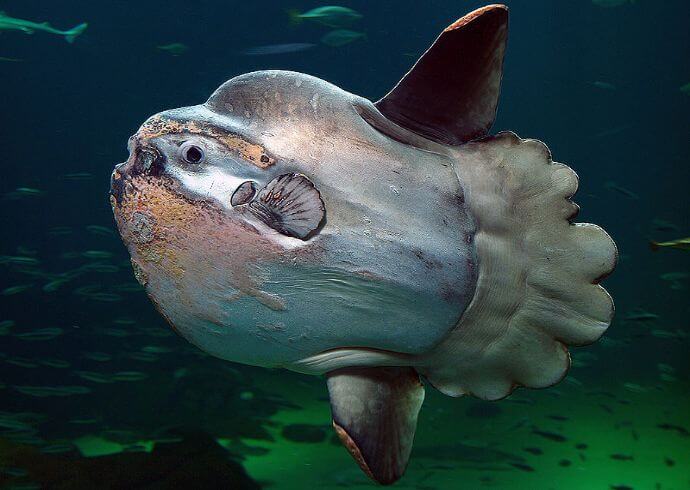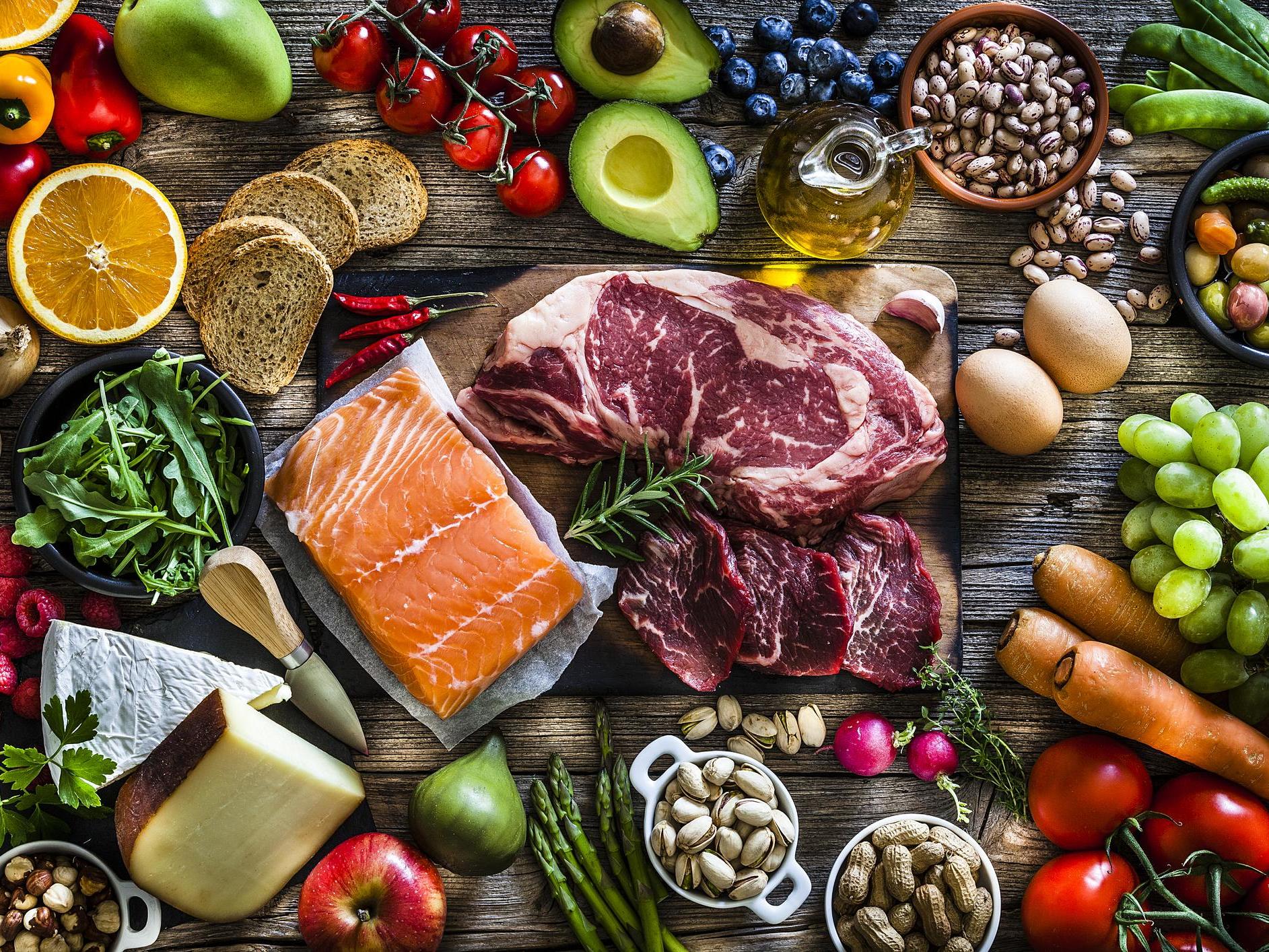Stamp: Shellfish Galore (Denmark 2017)
Shellfish Galore (Denmark 2017)
02 January (Denmark ) within release Shellfish Galore goes into circulation Stamp Shellfish Galore face value 8.00 Danish krone
| Stamp Shellfish Galore in catalogues | |
|---|---|
| WADP Numbering System - WNS: | WAD:DK004.17 |
Stamp is square format.
Number in set - 5||(show set). Layout - self adhesive sheet of 10 of 5 designs. Issuing - PostNord Stamps. Printer - PostNord StampsAlso in the issue Shellfish Galore:
- Stamp - Shellfish Galore face value 8.00;
- Stamp - Shellfish Galore face value 8.00;
- Stamp - Shellfish Galore face value 8.00;
- Stamp - Shellfish Galore face value 8.00;
- Stamp - Shellfish Galore face value 8.00;
|
Data entry completed
83%
|
|
|---|---|
| Stamp Shellfish Galore in digits | |
| Country: | Denmark |
| Date: | 2017-01-02 |
| Size: | 25.5 x 25.5 |
| Perforation: | 13 by 13 |
| Format: | Stamp |
| Face Value: | 8.00 Danish krone |
Stamp Shellfish Galore it reflects the thematic directions:
Cooking, also known as cookery or professionally as the culinary arts, is the art, science and craft of using heat to make food more palatable, digestible, nutritious, or safe. Cooking techniques and ingredients vary widely, from grilling food over an open fire, to using electric stoves, to baking in various types of ovens, reflecting local conditions. Cooking is an aspect of all human societies and a cultural universal.
Fauna (pl.: faunae or faunas) is all of the animal life present in a particular region or time. The corresponding terms for plants and fungi are flora and funga, respectively. Flora, fauna, funga and other forms of life are collectively referred to as biota. Zoologists and paleontologists use fauna to refer to a typical collection of animals found in a specific time or place, e.g. the "Sonoran Desert fauna" or the "Burgess Shale fauna". Paleontologists sometimes refer to a sequence of faunal stages, which is a series of rocks all containing similar fossils. The study of animals of a particular region is called faunistics.
Fauna (pl.: faunae or faunas) is all of the animal life present in a particular region or time. The corresponding terms for plants and fungi are flora and funga, respectively. Flora, fauna, funga and other forms of life are collectively referred to as biota. Zoologists and paleontologists use fauna to refer to a typical collection of animals found in a specific time or place, e.g. the "Sonoran Desert fauna" or the "Burgess Shale fauna". Paleontologists sometimes refer to a sequence of faunal stages, which is a series of rocks all containing similar fossils. The study of animals of a particular region is called faunistics
Food is any substance consumed by an organism for nutritional support. Food is usually of plant, animal, or fungal origin and contains essential nutrients such as carbohydrates, fats, proteins, vitamins, or minerals. The substance is ingested by an organism and assimilated by the organism's cells to provide energy, maintain life, or stimulate growth. Different species of animals have different feeding behaviours that satisfy the needs of their metabolisms and have evolved to fill a specific ecological niche within specific geographical contexts.




